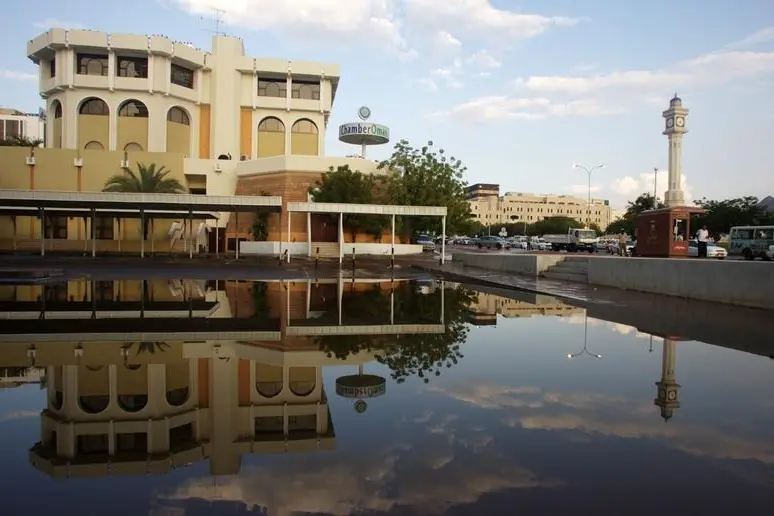PHOTO
Muscat - Investment in property is emerging as viable alternative for investors in the Sultanate thanks to the high yield of return. "There remain few commercially attractive alternative means of domestic investment for the local market and as such property remains a firm favourite, showing typically a 7 per cent initial yield upon completion", say experts at Savills. The continuing lower oil price have a negative impact on confidence but fundamentally there are no reasons to expect significant property market declines. The sales market appears least affected by market sentiment and offers good investment opportunities for domestic and foreign buyers.
"Also, there appears to be no shortage of liquidity in the Omani banking sector and thus availability of mortgages remains available and accessible for such investment purchases", the experts say in a report for the second quarter of 2016. According to the report, the year continues to see high levels of buyer interest, particularly in the 'off plan' apartment developments. "The emergence of commercial space for sale is a relatively new phenomenon and a number of developments have entered the market since year commencement. While this is a relatively new investment sector for Oman and offers in general less returns than residential, it is a welcome addition to a fast evolving property industry", the report points out.
The number of nationals buying property within the Integrated Tourism Complexes (ITCs) remains high at a period when foreign buyers are acting with more caution. Solid rental returns and prospects of capital gain are still primary purchase factors but more and more Nationals are taking up actual occupancy at these developments, having identified the benefits such gated communities offer.There are likely to be a number of new project releases at Al Argan Towell's Barka development and Muriya's Jebel Sifa over the year, offering resort style property options.
"However, those projects with the commercial inertia enjoyed by the likes of Al Mouj and Muscat Hills will likely remain the highest performing in terms of capital gain moving forward", say the Savills experts.
The impact of raising of Ministry of Housing transfer costs to 5 per cent appears to have had little impact on prevailing resale prices of land and property.
There is some concern that as a counter to the increased tax, full transaction values may not be reported upon sale or purchase and the raising of rates could theoretically result in lower fees collected as a result.
The establishment of a real estate pricing index as proposed by the Oman Real Estate Association is a first step in ensuring that Government bodies can track value movements and be alerted to any fraudulent reporting of sale values. The maturing of this property market to international levels of standard is slow but is now underway.
With regards to the residential sales market in Oman, the prevailing regional economic uncertainty and the decline in disposable household income levels have resulted in vendors decreasing property sales rates to entice demand from potential buyers.
As a result, the number of sales contracts during first quarter increased slightly by 0.3 per cent to 20,963, when compared to the same quarter in 2015, according to the National Centre for Statistics and Information.
Despite the increase in transactional activity, the total traded value of property in the sultanate amounted to RO 922.1 million ($2.38 billion) in the first quarter, representing a year on year decline of 30.3 per cent.
The quarter also witnessed a 39.5 per cent fall in the number of properties issued for GCC nationals.
© Oman Daily Observer 2016





















